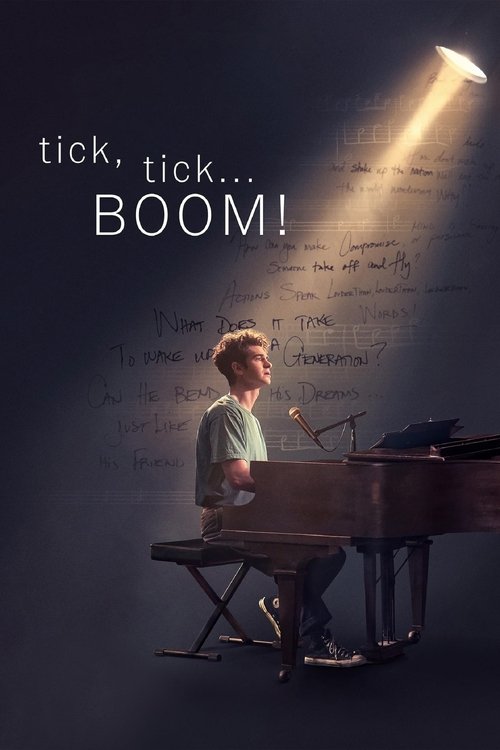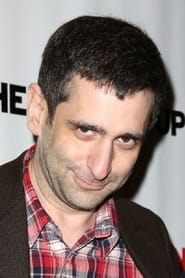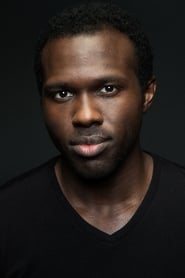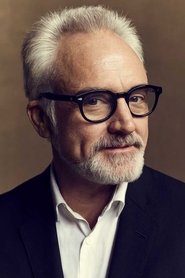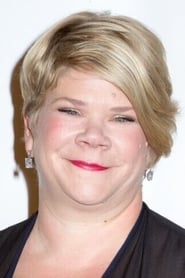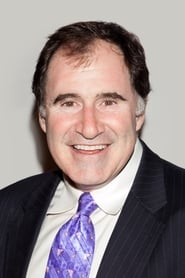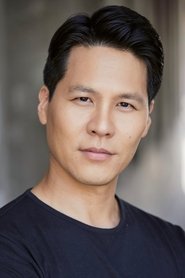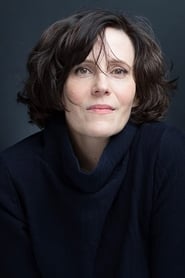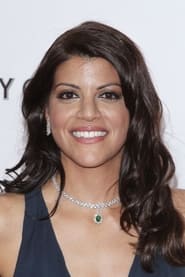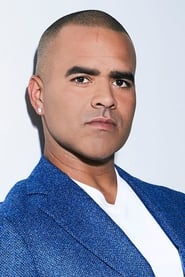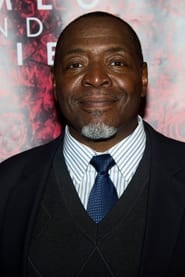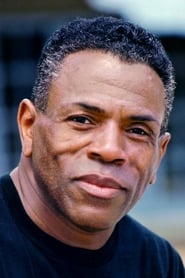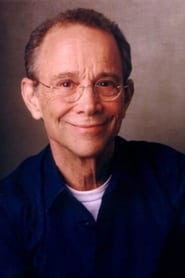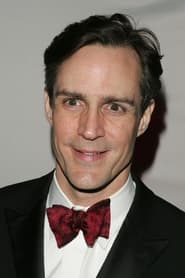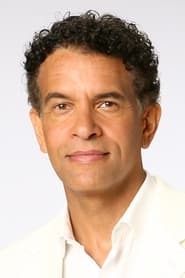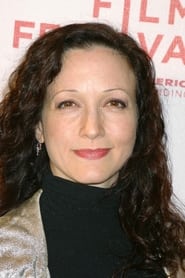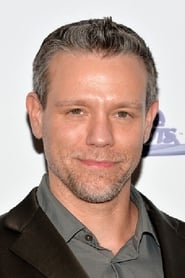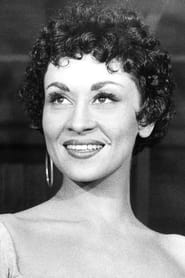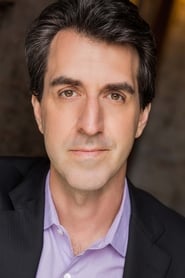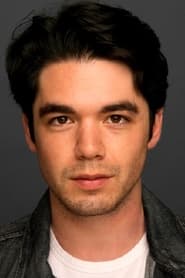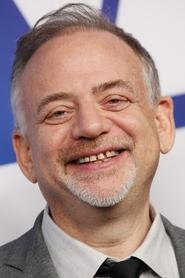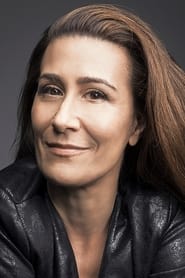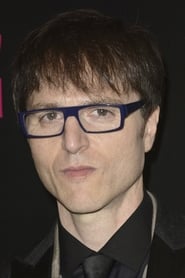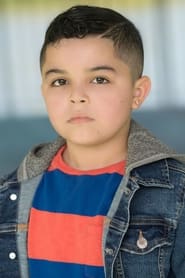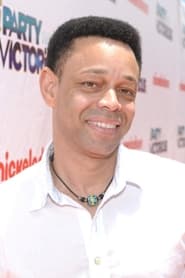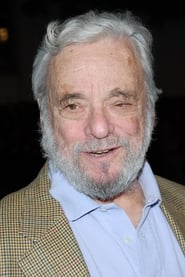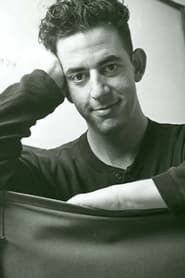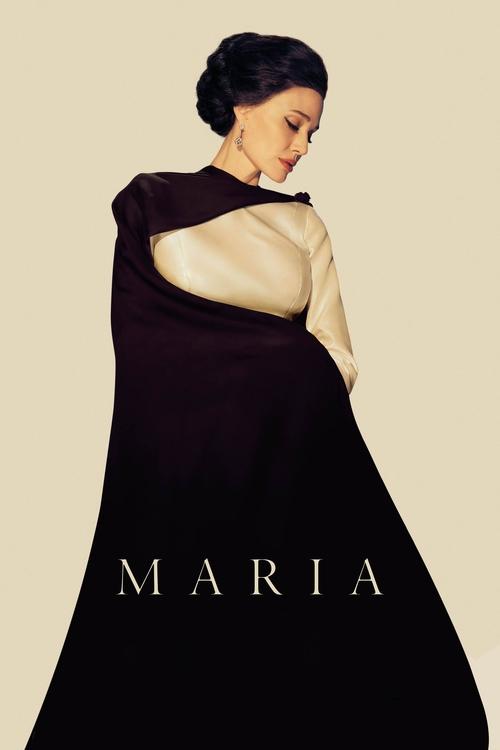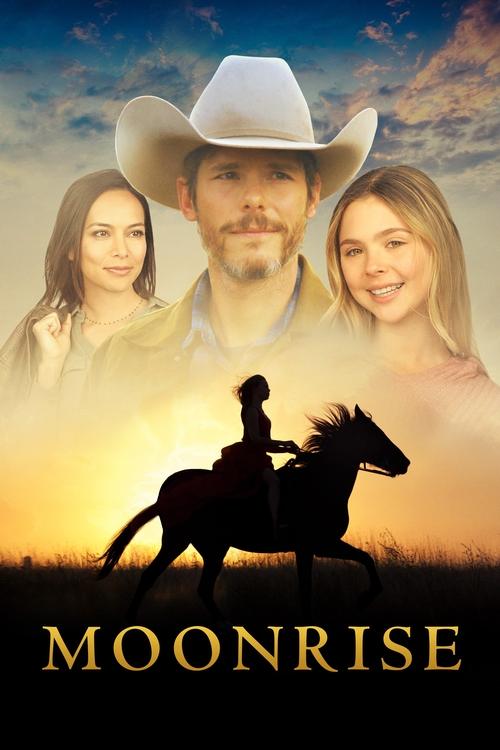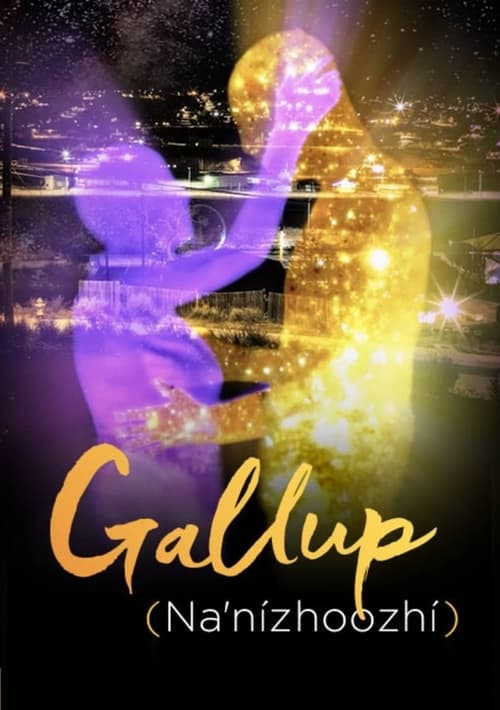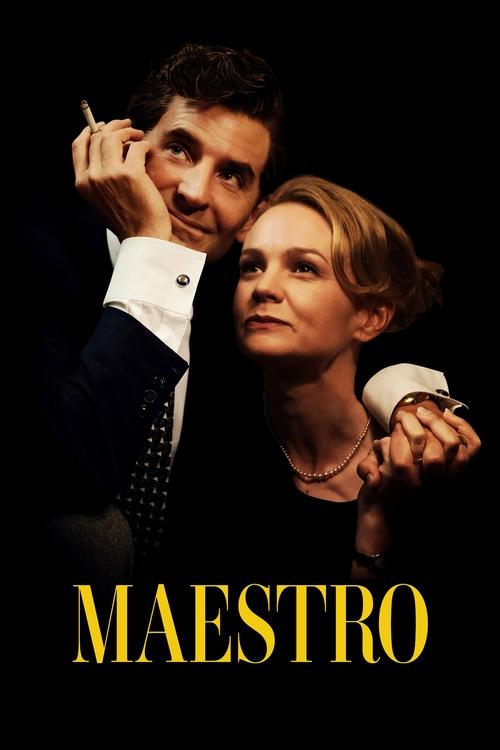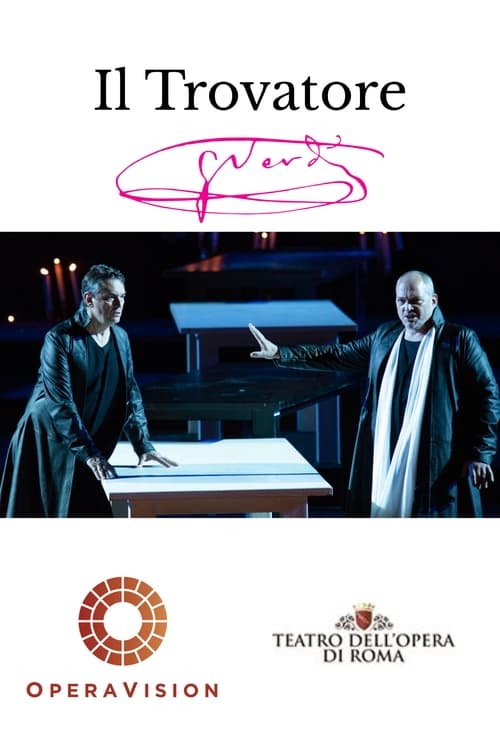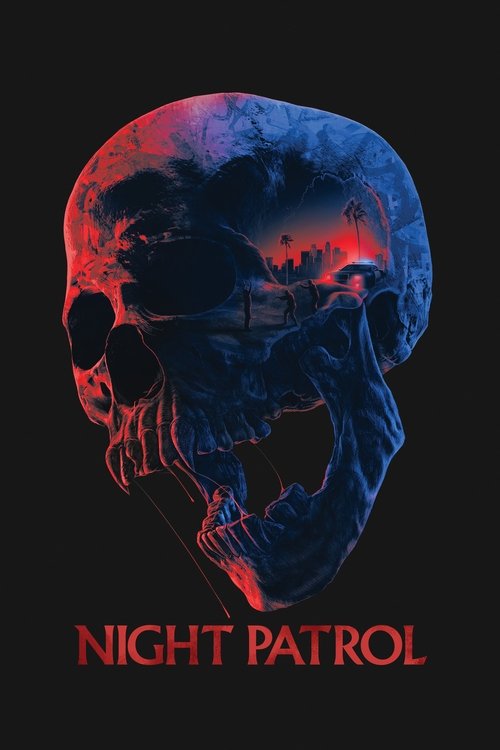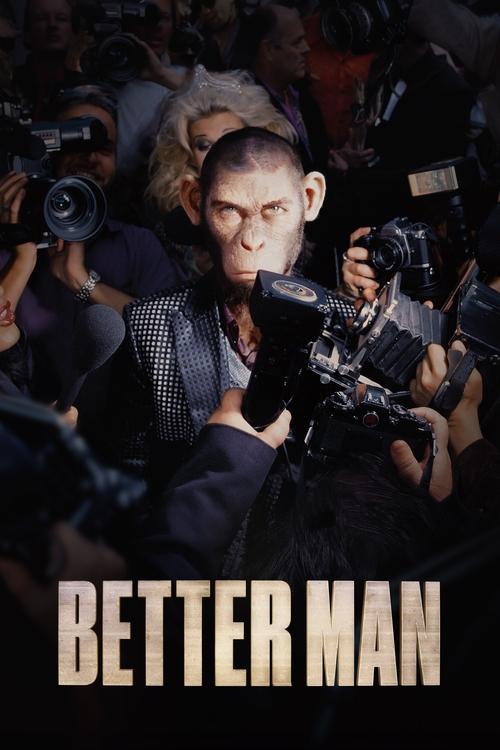
Ask Your Own Question
What is the plot?
The stage is bare, lit by a single spotlight. Jonathan Larson stands at a piano, his fingers resting on the keys, his eyes scanning the audience. It is 1992, and he is performing his autobiographical rock monologue Tick, Tick... Boom! at the New York Theatre Workshop. Beside him are his friends Roger Bart and Karessa Johnson, their presence a quiet anchor. Jonathan begins, his voice steady but edged with vulnerability:
"This is the story of my life, except for the parts I made up."
He describes a constant ticking noise in his head--a relentless, insistent sound that seems to build toward something, something he cannot yet name. The camera pulls back, and the minimalist stage dissolves into the streets of New York City, transporting us to early 1990, just days before Jonathan's 30th birthday.
Jonathan is a composer, a dreamer, a waiter at the Moondance Diner in SoHo. The diner is a chaotic symphony of clattering plates, shouted orders, and the hum of conversation. Jonathan moves through the crowd with practiced ease, but his mind is elsewhere. He counts the days until his birthday, each one a hammer blow to his sense of time. He is preparing for a workshop of his musical Superbia, a project he has poured eight years of his life into. The workshop is his last chance, he believes, to prove himself before he turns 30.
At his apartment, Jonathan hosts a party. The air is thick with laughter and music. His childhood best friend, Michael, is there, having recently left acting to take a corporate job in advertising. Michael's new life is a stark contrast to Jonathan's: he has moved into a sleek, upscale building, trading the bohemian chaos of SoHo for the sterile order of the corporate world. Jonathan's girlfriend, Susan, is also present. She is a dancer, her movements fluid and graceful, but her eyes betray a quiet longing for something more stable, something outside the city.
Susan pulls Jonathan aside, her voice soft but firm. She has been offered a teaching job at Jacob's Pillow, a prestigious dance center in the Berkshires. She wants Jonathan to come with her, to start a new life away from the pressures of New York. Jonathan hesitates, torn between his love for Susan and his devotion to his art. Michael, overhearing, sees Susan's offer as an opportunity for Jonathan to consider a serious future. He invites Jonathan to join an advertising focus group at his company, a chance to escape the uncertainty of the theater world.
Jonathan's producer, Ira, adds to the pressure. He asks Jonathan to write a new song for Superbia, insisting the story needs it. Jonathan is troubled. His idol, Stephen Sondheim, once told him the same thing at a composing workshop years ago. The memory haunts him, a reminder of the high standards he must meet. He has only a week to come up with something, and the ticking in his head grows louder.
The days blur together. Jonathan juggles his shifts at the diner, his rehearsals for the workshop, and his growing anxiety. His friends, Freddy and Carolyn, offer support and comic relief, but their presence only underscores the fragility of his situation. Roger and Karessa, fellow performers, are his creative confidants, sharing in his hopes and fears.
The night before the workshop, Susan confronts Jonathan again. She tells him she has taken the job in Cape Cod and will be relocating, whether he joins her or not. Jonathan is devastated. He feels the weight of his choices pressing down on him, the ticking in his head now a deafening roar.
The day of the workshop arrives. Jonathan is a bundle of nerves, convinced that no one will come, that his dreams will crumble before his eyes. But the audience is full, and to his astonishment, Stephen Sondheim is in attendance. The workshop goes well, but none of the producers commit to the project. Jonathan is dejected, convinced that he has wasted his twenties on a pipe dream. His agent, Rosa, warns him that if he doesn't find success soon, she will drop him.
Jonathan goes to Michael's office to tell him he's going to quit the theater. Michael, in turn, shares a life-altering revelation: he has recently been diagnosed with HIV. The news hits Jonathan like a physical blow. He is rattled, overwhelmed by the fragility of life and the urgency of his own dreams. He runs through Central Park, the city a blur around him, until he finds himself at the Delacorte Theater. There, he plays a song to honor his lifelong friendship with Michael, the music a cathartic release of his emotions.
The film returns to the New York Theatre Workshop in 1992. Jonathan finishes his monologue, reflecting on his journey and the lessons he's learned. The final shot is of Jonathan performing, the ticking clock still present, but now he is at peace with his choices and his art.
Throughout the film, the ticking noise in Jonathan's head serves as a constant reminder of the pressure of time and the anxiety of approaching his 30th birthday. The manuscripts and sheet music stored in his apartment represent his dreams and struggles, while the letters and messages from Susan and Michael mark pivotal moments in his story.
The confrontations between Jonathan and Michael, Jonathan and Susan, and Jonathan and himself are the heart of the film. Each one forces Jonathan to confront the reality of his choices and the fragility of life. Michael's HIV diagnosis adds urgency to Jonathan's life and art, highlighting the importance of pursuing one's dreams. Susan's job offer forces Jonathan to choose between his art and his relationship, a decision that ultimately leads to the end of their relationship.
The workshop for Superbia is the climax of the film. Despite the positive reception, no producers commit to the project, and Jonathan is forced to confront the possibility that his dreams may not come true. But he learns to keep writing, even if his current project fails.
The film ends with Jonathan performing his monologue, the ticking clock still present, but now he is at peace with his choices and his art. The final shot is a testament to the resilience of the human spirit, the enduring power of creativity, and the importance of pursuing one's dreams, no matter the obstacles.
What is the ending?
In the ending of "tick, tick... BOOM!", Jonathan Larson finally presents his musical "Superbia" to a group of industry professionals. Despite the initial excitement, he faces rejection. However, he finds solace in the support of his friends and the realization that his passion for creating art is what truly matters. The film concludes with Jonathan reflecting on his journey, culminating in a powerful performance of "Louder Than Words," emphasizing the importance of living life fully and pursuing one's dreams.
As the film approaches its conclusion, we find Jonathan Larson, portrayed by Andrew Garfield, in a state of heightened anticipation and anxiety. He is preparing for the workshop presentation of his musical "Superbia," a project he has poured his heart and soul into for nearly a decade. The scene is set in a small, dimly lit theater, filled with a mix of industry professionals and friends. The atmosphere is charged with a blend of hope and trepidation as Jonathan takes the stage, his heart racing.
As he begins to perform, the audience's initial reactions are mixed. Jonathan's passion shines through, but the feedback he receives is not what he had hoped for. After the performance, he is met with polite applause but ultimately faces rejection from the producers. They express their concerns about the musical's commercial viability, leaving Jonathan feeling disheartened and questioning his worth as a creator. The weight of their words hangs heavy in the air, and we see the flicker of doubt in Jonathan's eyes.
In the aftermath of the presentation, Jonathan grapples with feelings of failure and uncertainty. He seeks comfort from his friends, including his girlfriend Susan, played by Alexandra Shipp, and his best friend Michael, portrayed by Robin de Jesús. They remind him of the importance of his artistic voice and the impact he has already made, even if it hasn't yet translated into success. This moment of camaraderie serves as a reminder of the support system that surrounds him, reinforcing the theme of friendship and resilience.
As the narrative unfolds, we witness Jonathan's internal struggle as he reflects on his life choices and the sacrifices he has made for his art. He is haunted by the ticking clock, a metaphor for the pressure he feels to succeed before it's too late. This ticking becomes a poignant reminder of the fragility of life, especially as he grapples with the reality of his friend Michael's recent diagnosis with HIV, which adds a layer of urgency to his creative pursuits.
In the final scenes, Jonathan finds himself at a crossroads. He realizes that despite the rejection, his passion for storytelling and music is what truly defines him. He channels this realization into a powerful performance of "Louder Than Words," a song that encapsulates his journey and the message of living authentically. The performance is both cathartic and uplifting, showcasing Jonathan's growth as an artist and individual.
As the film draws to a close, we see Jonathan surrounded by his friends, who celebrate his resilience and creativity. The final moments are filled with a sense of hope and determination, as Jonathan embraces the idea that the journey of creation is just as important as the destination. The film ends on a note of inspiration, leaving the audience with the understanding that while success may be elusive, the pursuit of one's passion is a worthy endeavor.
In summary, Jonathan Larson's fate is one of continued artistic pursuit despite setbacks, while Michael's struggle with his health serves as a poignant reminder of the fragility of life. Susan's support highlights the importance of love and friendship in navigating life's challenges. The ending encapsulates the film's central themes of ambition, resilience, and the relentless pursuit of dreams.
Is there a post-credit scene?
The movie "tick, tick... BOOM!" produced in 2021 does not have a post-credit scene. After the credits roll, the film concludes without any additional scenes or content. The focus remains on the emotional journey of Jonathan Larson, his struggles, and his aspirations as a composer and playwright, culminating in the powerful themes of creativity, ambition, and the passage of time that are central to the narrative.
What motivates Jon to write his musical 'Superbia'?
Jon is driven by a deep desire to create something meaningful and impactful, reflecting his fears of aging and the pressure of success in the competitive world of musical theater. He feels a sense of urgency as he approaches his 30th birthday, believing that he must achieve his dreams before it's too late.
How does Jon's relationship with his girlfriend Susan evolve throughout the film?
Jon's relationship with Susan is strained by his obsession with his work and the pressures of his career. Initially supportive, Susan grows frustrated with Jon's single-minded focus on his musical, leading to tension and conflict. Ultimately, she encourages him to pursue his dreams but also seeks a life that includes stability and a future together, which Jon struggles to balance.
What role does Michael play in Jon's life and how does his character influence Jon's journey?
Michael serves as Jon's best friend and a source of support, representing a contrasting perspective on life. He has left the theater world for a more stable job, which highlights the risks and sacrifices associated with pursuing artistic dreams. Michael's struggles with health issues also serve as a wake-up call for Jon, prompting him to confront his own fears and priorities.
How does the film depict Jon's internal struggle with the fear of failure?
Jon's internal struggle is portrayed through his frantic pace, sleepless nights, and the recurring motif of a ticking clock, symbolizing his anxiety about time running out. He grapples with self-doubt and the pressure to succeed, often questioning whether he is talented enough to make it in the industry. This fear manifests in his interactions with others and his relentless drive to perfect his musical.
What significance does the song '30/90' hold in Jon's journey?
The song '30/90' encapsulates Jon's fears and aspirations as he reflects on turning 30 and the urgency he feels to achieve his dreams. It serves as a powerful expression of his anxiety about aging and the fleeting nature of time, highlighting his internal conflict between pursuing his passion and the reality of his circumstances.
Is this family friendly?
"tick, tick... BOOM!" is a musical drama that explores themes of ambition, creativity, and the pressures of life as an artist. While it is not explicitly a children's film, it does contain some elements that may be sensitive for younger viewers or those who are particularly sensitive to certain topics.
-
Depictions of Anxiety and Pressure: The protagonist, Jonathan Larson, experiences significant stress and anxiety related to his career and the ticking clock of his life, which may resonate with viewers who have experienced similar pressures.
-
Themes of Loss and Grief: The film touches on the impact of loss, particularly through the character of Jonathan's friend, who is dealing with serious health issues. This can be emotionally heavy and may be upsetting for some viewers.
-
Substance Use: There are scenes that depict characters drinking alcohol and attending parties, which may not be suitable for younger audiences.
-
Adult Language: The film includes some strong language that may not be appropriate for children.
-
Romantic Relationships: There are scenes that explore romantic relationships, including moments of tension and conflict, which may be complex for younger viewers to understand.
Overall, while "tick, tick... BOOM!" is a poignant exploration of an artist's life, its themes and content may require parental guidance for younger audiences.

